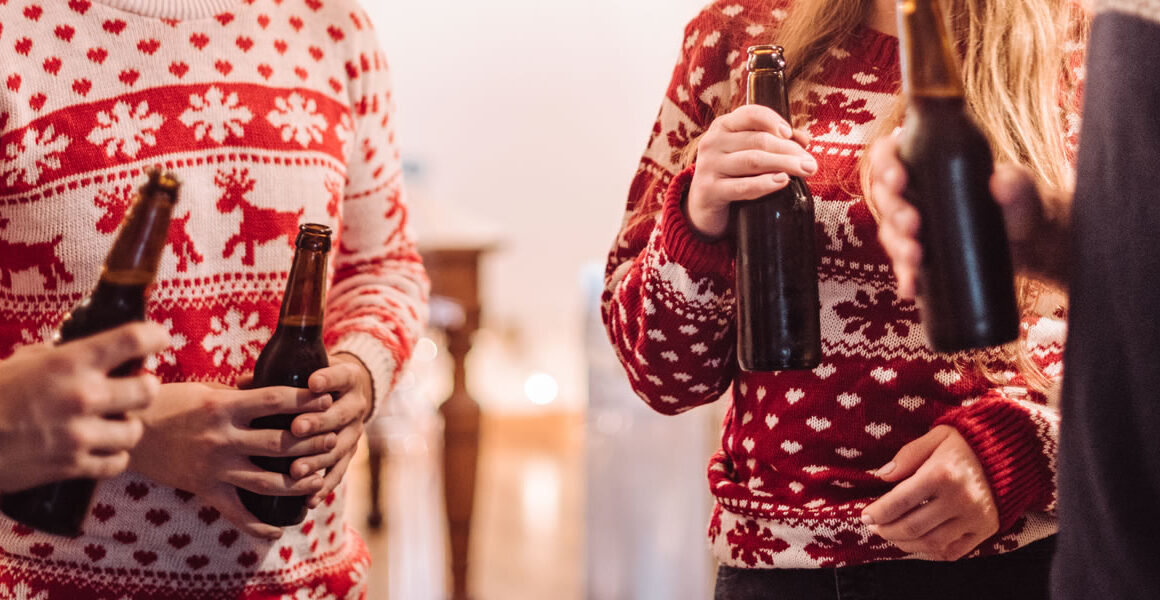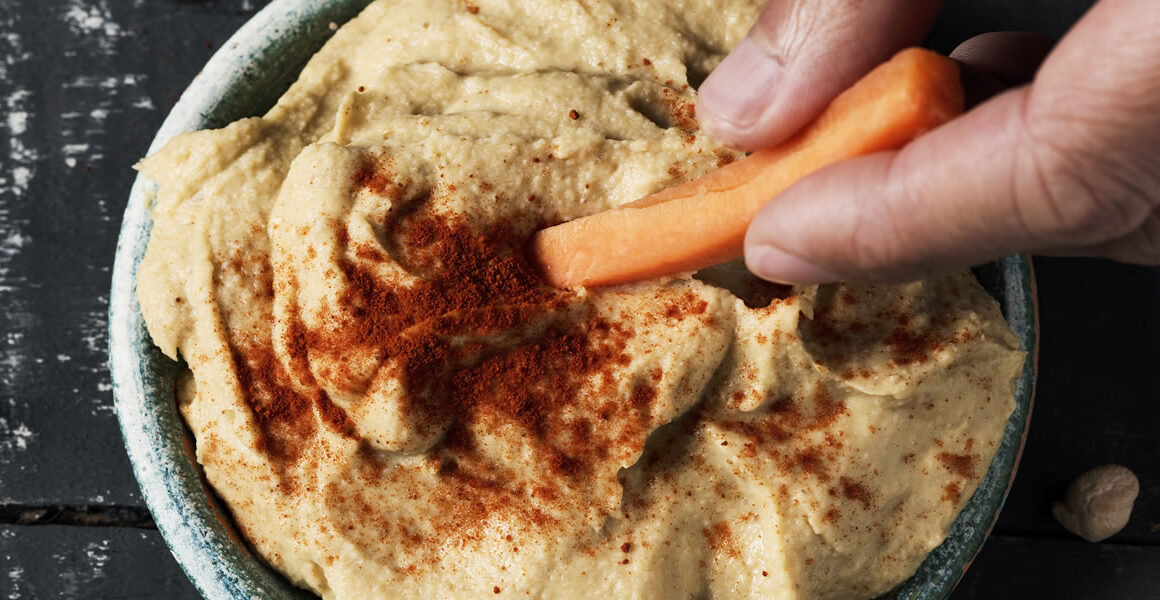Making New Year’s resolutions that last
A lot of people hate New Year’s resolutions, and for good reason. They conjure images of a gym packed with January newbies and people buying blenders and juicers that’ll soon be forgotten.
Over half of people who set resolutions don’t end up achieving them anyway. In fact, a recent study found that one-third of those who set resolutions have failed by the end of January. Yikes.
Fair-weather fitness fanatics and foodie fads aside, setting a goal can be helpful to refocus on your healthy habits. Setting a New Year’s resolution can be an easy way of doing this at the start of the year, but you’ve got to do it right. So how can you make a good resolution and avoid becoming part of the one-third?
Make a plan
Almost everyone wants to lose weight and get fit. If that’s your resolution, well duh. You’ve got to ask yourself how you’re going to do it. Ask yourself how until you can’t go any further, like this:
- My New Year’s resolution is to lose weight.
- How will I lose weight? By making better food choices.
- How will I make better food choices? I’ll stop getting takeout 3 times a week.
- How will I stop getting takeout 3 times a week? I’ll cook more.
- How will I cook more? I’ll do a weekly grocery shop and try new recipes.
- How will I do a weekly grocery shop and try new recipes? I’ll sit down on a Sunday evening and meal plan for the week by looking at recipes online, then I’ll make a grocery list. I’ll make sure I make time to cook during the week.
- How will I make sure I make time to cook during the week? I’ll stop scrolling on social media when I get home from work, and I’ll prepare food instead. I’ll buy ready-chopped vegetables as a timesaver. I’ll batch cook at the weekends.
We could go on, but you get the idea. Somewhere in there, you’ll find your specific goal – the thing that’ll help you achieve your main goal of losing weight. For this example, your resolution would be to make time to meal plan and cook at home instead of ordering takeout. That sounds much more achievable than the vague ‘I want to lose weight’ we started with.
Don’t expect perfection
You’re going to slip up at times, it’s inevitable. Think of making a New Year’s resolution as a springboard for your healthy habits, instead of an all or nothing command. If your resolution is to exercise 3 times a week, but you don’t manage it one week, don’t give up towel completely. Just try your best the next week. The mistake a lot of people make when it comes to resolutions is to see it as a short-term thing you do until you mess it up. See it more as a long-term thing, as something that’s flexible and fluid and will guide you throughout the year.
Don’t do it alone
Though it can feel a bit silly to be setting New Year’s resolutions, tell people about your goals. You don’t have to shout it out to everyone you meet, but letting your friends know you’re trying to go vegan/run a marathon/give up soda can lead to a welcome show of support that’ll give you a boost when you most need it. If we keep our goals to ourselves, it’s much easier to dismiss them – it’s easy to justify things when it’s just our mind to answer to.
You could even try making goals as a group if you’ve got a solid bunch of supportive friends or MAN v FAT Soccer teammates. Updating each other on your progress and being a cheerleader when it’s needed will go a long way to keeping your motivation high.
Focus on one resolution
It might be tempting to come up with a long list of things you’d like to change about yourself when you’re setting a New Year’s resolution, but keep it short and sweet. Pick one thing you want to work towards and make that your focus so you can give it the time and attention it needs. Too many goals will feel daunting, and juggling too many balls makes it more likely you’ll drop one.
By all means, break your resolution up into manageable chunks, just make sure you’re not taking on too much at once. Good luck!









